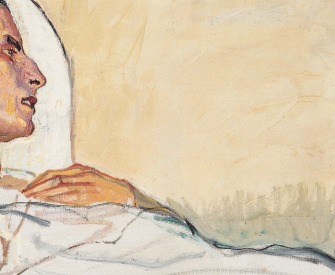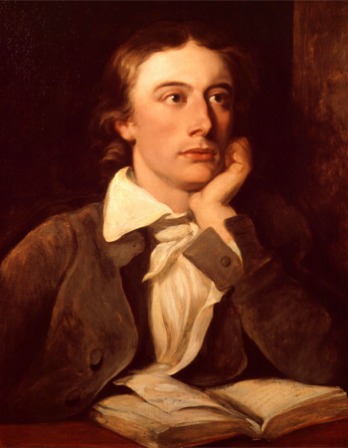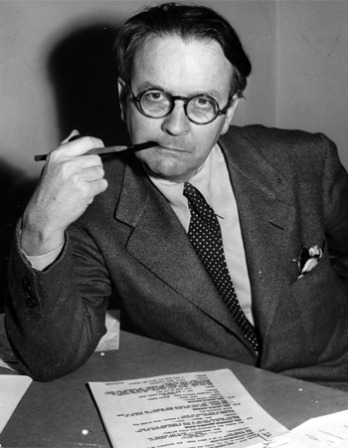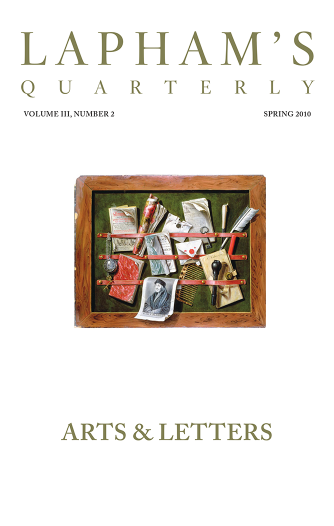What an empire is in political history, such is a university in the sphere of philosophy and research. It is, as I have said, the high protecting power of all knowledge and science, of fact and principle, of inquiry and discovery, of experiment and speculation; it maps out the territory of the intellect, and sees that the boundaries of each province are religiously respected, and that there is neither encroachment nor surrender on any side. It acts as umpire between truth and truth, and, taking into account the nature and importance of each, assigns to all their due order of precedence. It maintains no one department of thought exclusively, however ample and noble, and it sacrifices none. It is deferential and loyal, according to their respective weight, to the claims of literature, of physical research, of history, of metaphysics, of theological science. It is impartial toward them all, and promotes each in its own place and for its own object. It is ancillary certainly, and of necessity, to the Catholic Church; but in the same way that one of the queen’s judges is an officer of the queen’s, and nevertheless determines certain legal proceedings between the queen and her subjects. It is ministrative to the Catholic Church, first because truth of any kind can but minister to truth; next, still more, because nature ever will pay homage to grace, and reason cannot but illustrate and defend revelation; and thirdly, because the Church has a sovereign authority, and when she speaks ex cathedra, must be obeyed. But this is the remote end of a university; its immediate end is to secure the due disposition, according to one sovereign order and the cultivation in that order, of all the provinces and methods of thought which the human intellect has created.
In this point of view, its several professors are like the ministers of various political powers at one court or conference. They represent their respective sciences and attend to the private interests of those sciences respectively; and, should dispute arise between those sciences, they are the persons to talk over and arrange it, without risk of extravagant pretensions on any side, of angry collision, or of popular commotion. A liberal philosophy becomes the habit of minds thus exercised; a breadth and spaciousness of thought in which lines, seemingly parallel, may converge at leisure, and principles, recognized as incommensurable, may be safely antagonistic.
Cardinal John Henry Newman, from The Idea of a University. Newman based his schematic for the modern university on a mixture of reason and faith. Pope Leo XIII ordained him cardinal deacon of the church of St. George in Velabro in 1879.
Back to Issue





